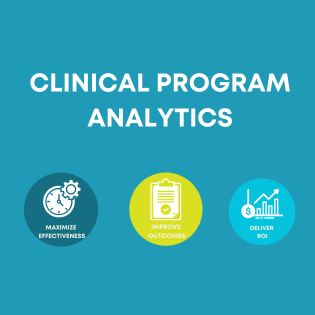Garbage In, Garbage Out: Improving Data Governance Tools
We are all familiar with the phrase “Garbage in, garbage out” but when it comes to how we approach our practices with data governance tools, it might be wise to consider a few key aspects a bit more closely.
The quality of your data is table stakes, we will certainly need to have data that is trustworthy, clean, and consistent. We also need to be data connoisseurs with a deep understanding of the underlying daily operations that created the data and, as business leaders, we must keep an eye on the second and third-degree consequences of our decisions. But one aspect which is often overlooked is what behavioral economist Daniel Kahneman claims has a significant effect on our ability to make rational decisions, “What you see is all there is.” Similarly, the effectiveness of our data governance tools and efforts is limited to which data is collected and which data bubbles up to the awareness of the data governance program. This can have huge implications on our decision-making and predictive capabilities. Garbage in, garbage out.
Seeking Wisdom
Swedish investor Peter Bevelin warns, in his book “Seeking Wisdom,” that making decisions only based on what we have already seen is one of several common causes of misjudgment. ‘Omission and Abstract Blindness,’ as he calls it, is when “we tend to focus only on the present information rather than what information may potentially be missing” and because “missing information doesn’t draw our attention... We tend not to think about other possibilities, alternatives, explanations, outcomes or attributes.” The reason for these misjudgments, Bevelin claims, is “rooted in psychological tendencies and biases that often influence us subconsciously.”
We will first need to develop an awareness that only considering what is right in front of us can lead to misjudgment. From there Bevelin offers that we develop the habit of looking for alternative explanations and consider missing information. Again, this is difficult because we only see what we focus on and we don’t see what is not reported and so we can see how this ‘garbage in, garbage out’ phenomenon can sneak up on us.
Eye on the Prize
Another recommendation Bevelin offers in his book is to know what you want to achieve, or “begin with the end in mind,” as Stephen R. Covey tells us in “The 7 Habits of Highly Effective People.” Recall what you are trying to achieve and invest some time looking for information that may not have yet come to light. Without this clarity, it is easy to fall into reactionary mode and become inundated with all of the many potential sources, varieties, and complexity of data. If we stay focused on the business value and what is it we ultimately want to achieve, we can use this as a guide to better understand what information might be most helpful that we don’t yet have access to.
This is a simple but not easy feat, yet one that we pride ourselves on as we help our clients navigate the ever-changing healthcare space with data governance tools and more. We welcome you to reach out to us so we can help you turn your biggest challenges into new opportunities.





